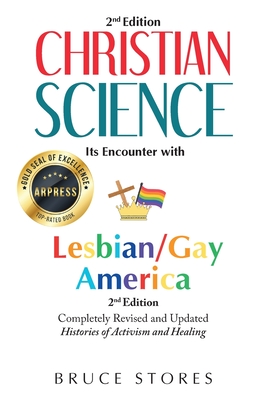
Pastors regularly face concrete ethical questions. And they, too, pursue a moral life. In the busyness of ministry, it can be tempting to think pragmatically or derive one's ethics from the latest cultural concerns. But standard approaches to ethics, whether deontological, utilitarian, or virtue-ethical, all fall short of being distinctly Christian. Ethics ought to be grounded in the gospel and in our triune God.
In Pastoral Ethics, W. Ross Hastings provides pastors an evangelical and trinitarian framework for moral formation and ethical discernment. For Hastings, ethics must be reclaimed as theological. Theology without ethics becomes gnosticism. Ethics without theology leads to legalism and death. Christian ethics participates in God's life and God's work. This communion with God leads to obedience to his commands as summed up in the Decalogue, and over several chapters Hastings provides a rich exposition for pastoral formation. Pastors find their identity in God, and this inspires right thinking and acting with regard to authority, life and death, sexuality, work and rest, speech, and desires.
An approach to ethics that prompts faith, hope, and love, Pastoral Ethics is an essential guide for Christians in all ministry contexts.







